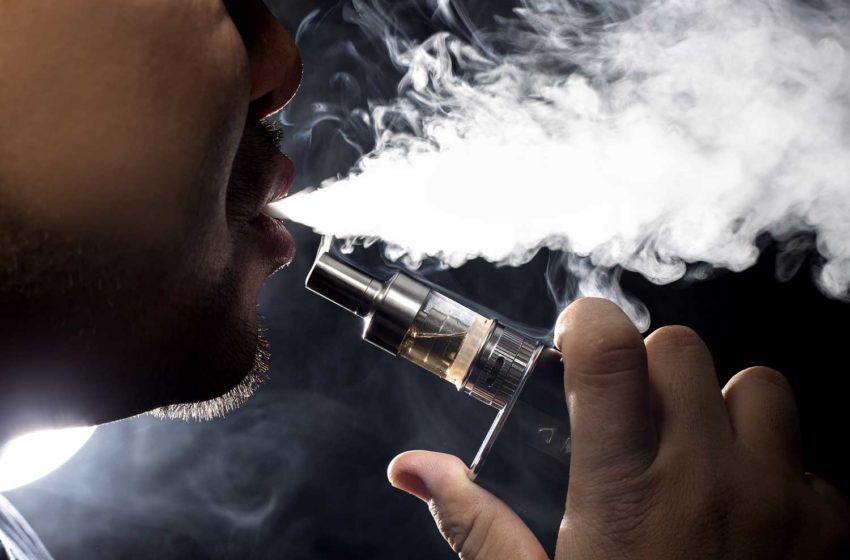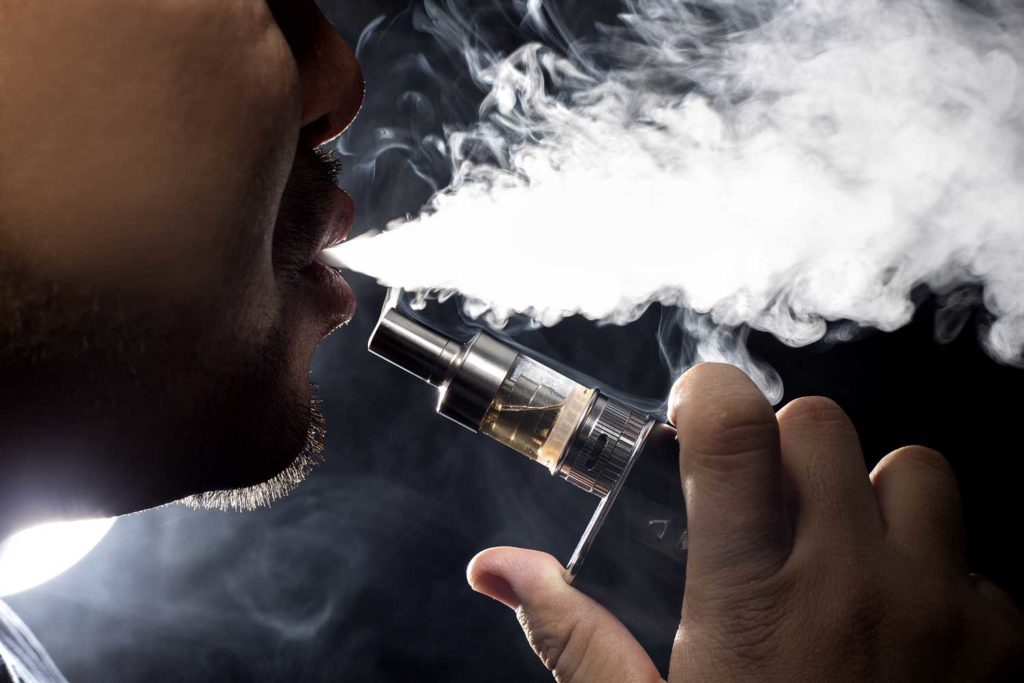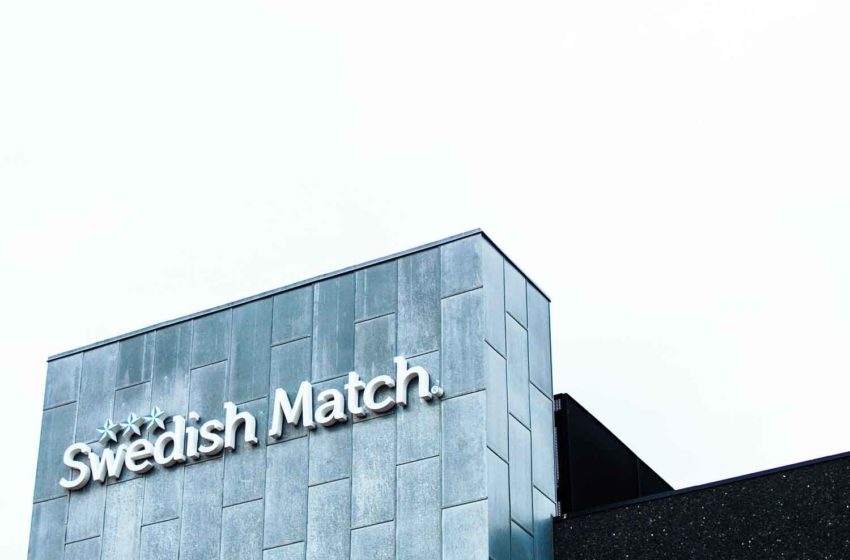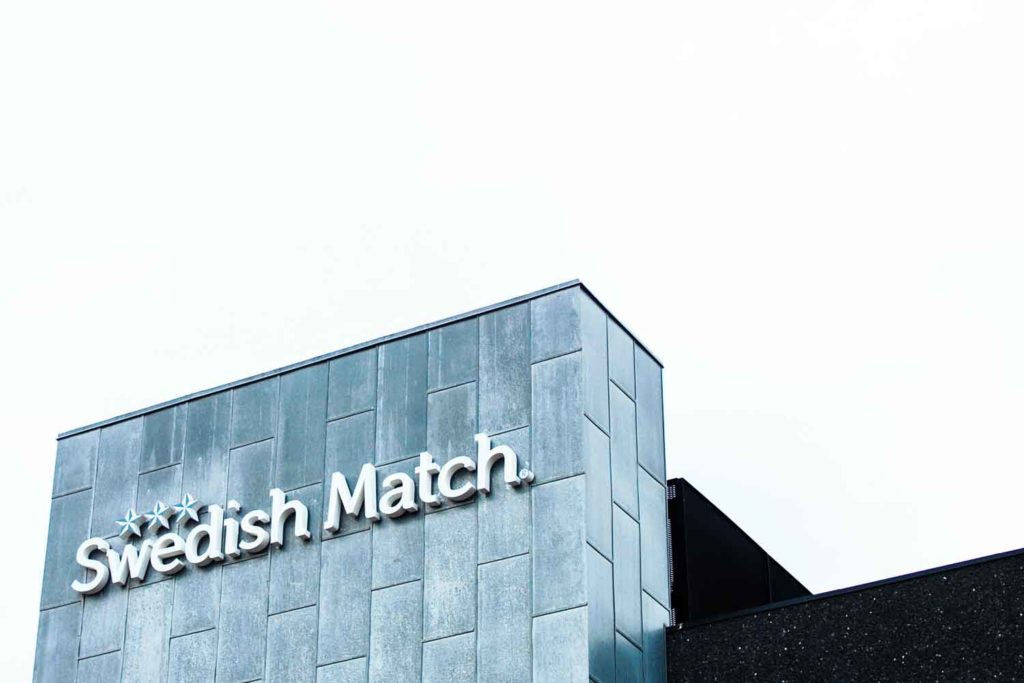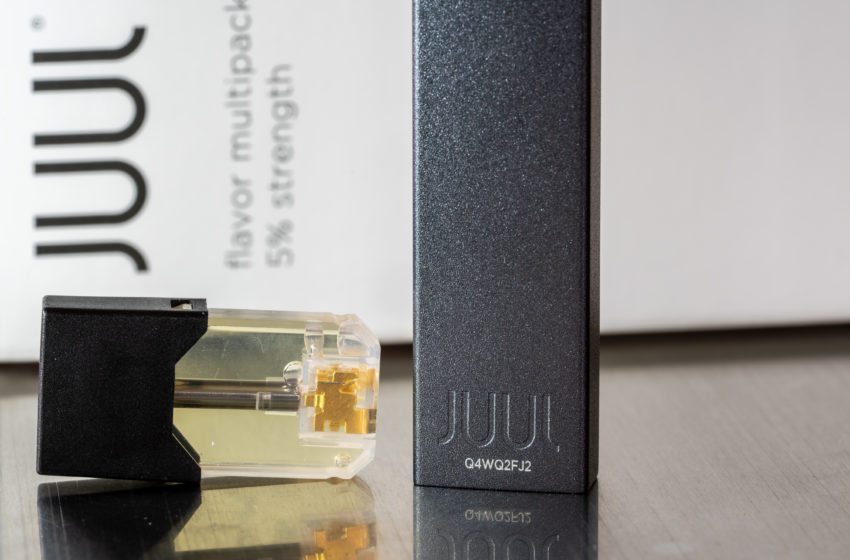
Philip Morris International reported net revenues of $7.83 billion in the second quarter of 2022, up 3.1 percent over that reported in the comparable quarter of 2021. Operating income was $3.06 billion, compared with $3.13 billion during the prior-year quarter. Net revenues from smoke-free products accounted for 29.9 percent of total net revenues.
PMI shipped 157.69 billion cigarettes and 24.82 billion heated tobacco units in the second quarter of 2022, up 1 percent and 1.9 percent, respectively, over the volumes shipped in the comparable 2021 period.
Given uncertainty and volatility created by the war between Russia and Ukraine, PMI also provided financial figures on a pro forma basis, which exclude the company’s operations in those markets and thus provide a more comparable view of PMI’s business performance.
On a pro-forma basis, the company’s net revenues increased by 6.2 percent between the second quarter of 2021 and the second quarter of 2022, while its operating income grew by 1.6 percent. Net revenues from smoke-free products accounted for 29.9 percent of total net revenues on a pro forma basis.
The company has suspended its manufacturing operations in Kharkiv, Ukraine, and intends to exit the Russian market. In 2021, Ukraine accounted for around 2 percent of PMI’s total cigarette and heated tobacco unit shipment volume and under 2 percent of PMI’s total net revenues. Russia made up almost 10 percent of total shipment volumes and around 6 percent of PMI net revenues.
“First and foremost, the war in Ukraine continues to deeply affect the lives of our employees and families in the region,” said PMI CEO Jacek Olczak in a statement. “My first priority is to give them the help they need and as a company we are focused on doing our utmost to support them throughout this conflict.”
“Turning to our results, our strong underlying performance continued in the second quarter, with top- and bottom-line growth exceeding our initial expectations. This reflected excellent IQOS momentum, including accelerating growth in pro forma total IQOS users and heated tobacco unit in-market sales volume, as well as favorable cigarette category trends.
“We are raising our outlook for the full year and now expect to deliver pro forma adjusted growth in net revenues of 6 percent to 8 percent, on an organic basis, and diluted earnings per share of 10 percent to 12 percent, excluding currency, underpinned by pro forma heated tobacco unit shipment volume of 90 to 92 billion units.”




